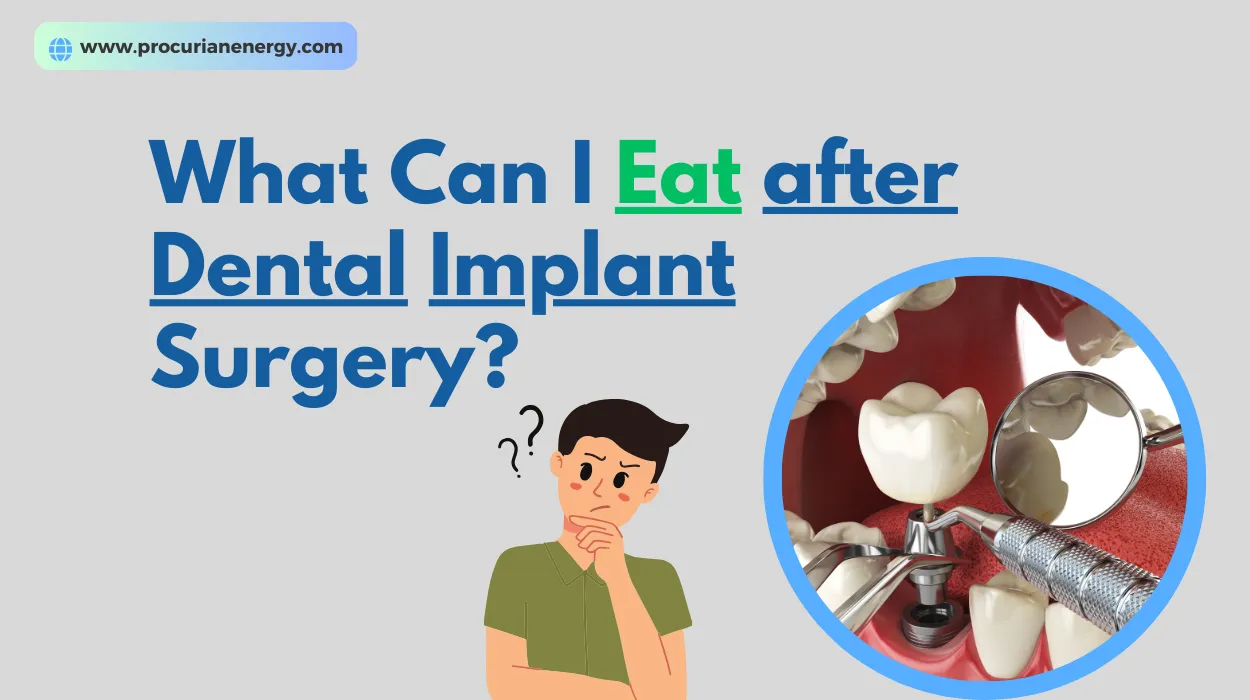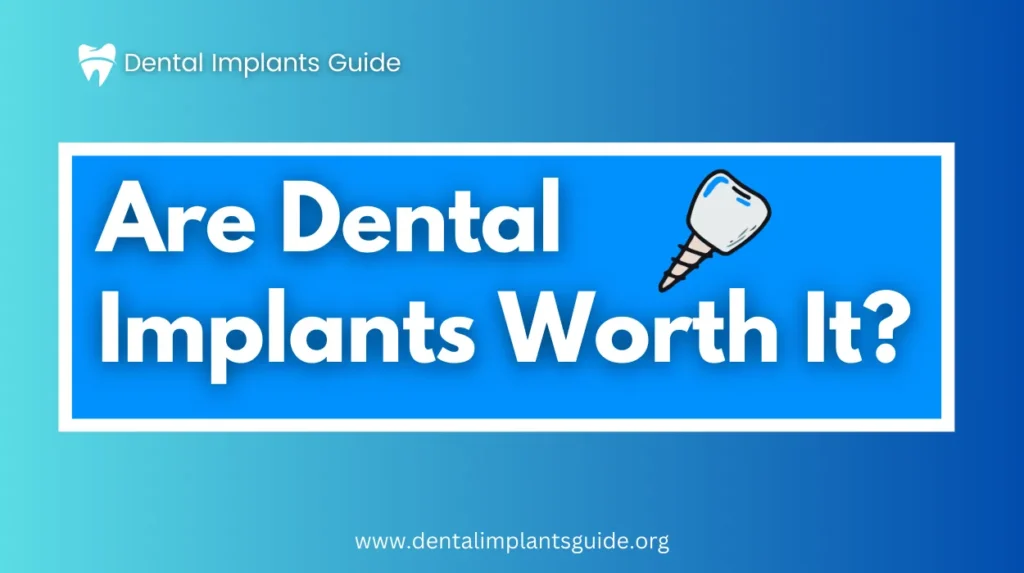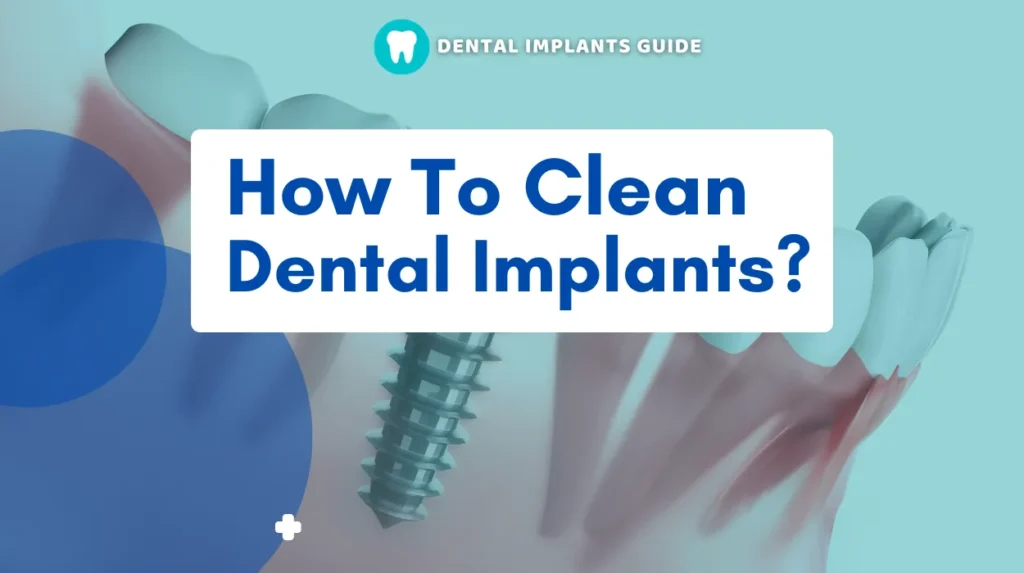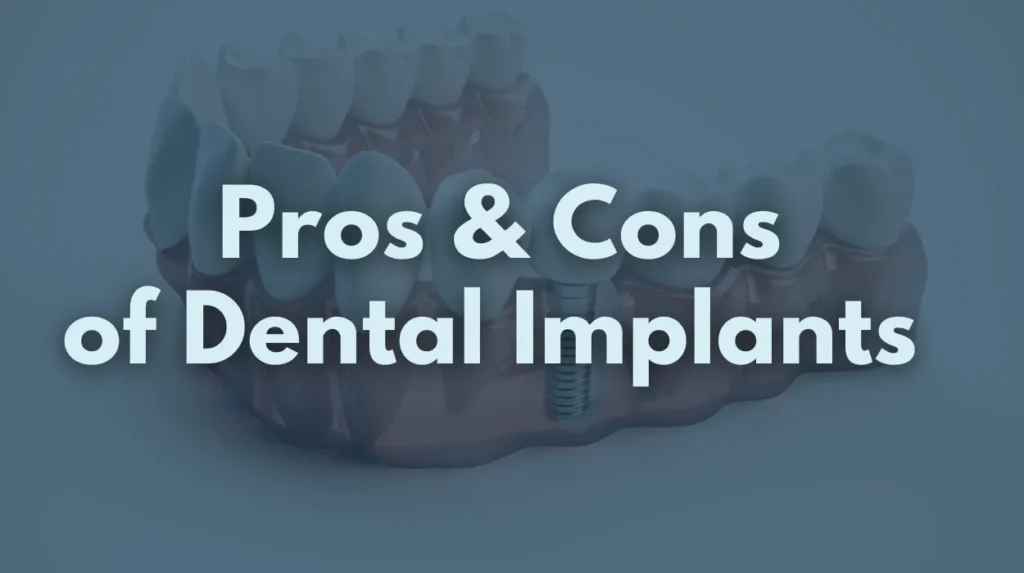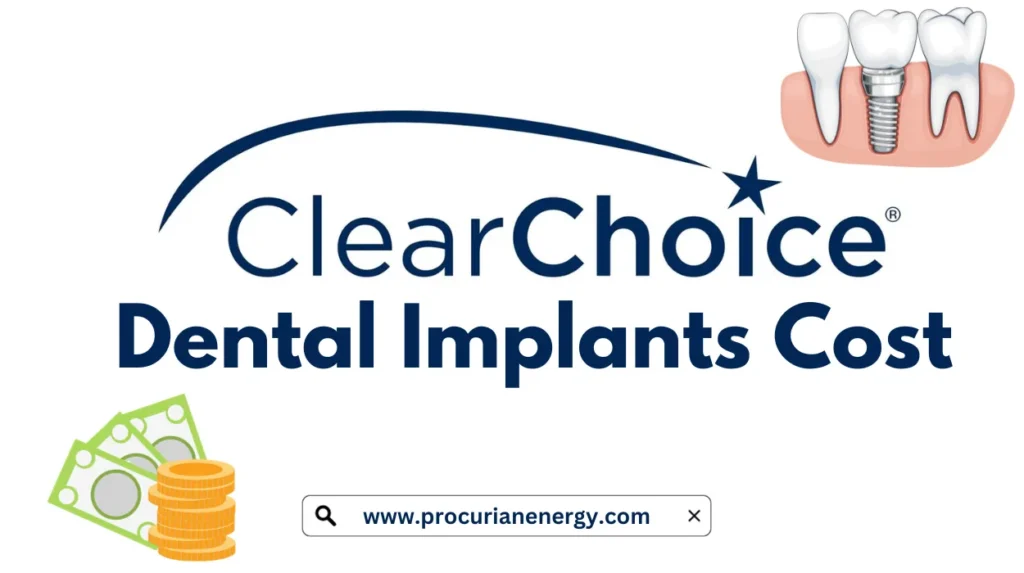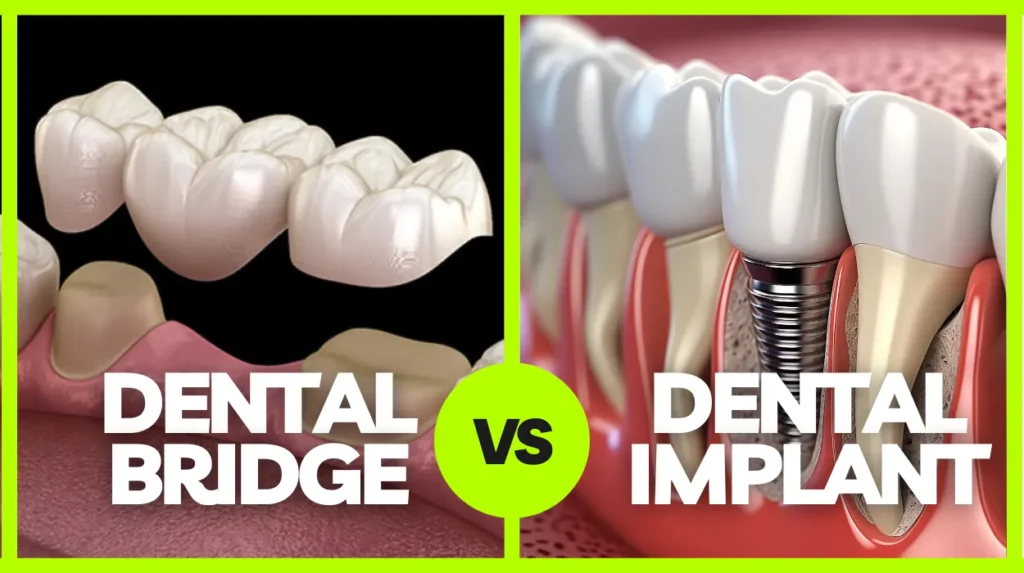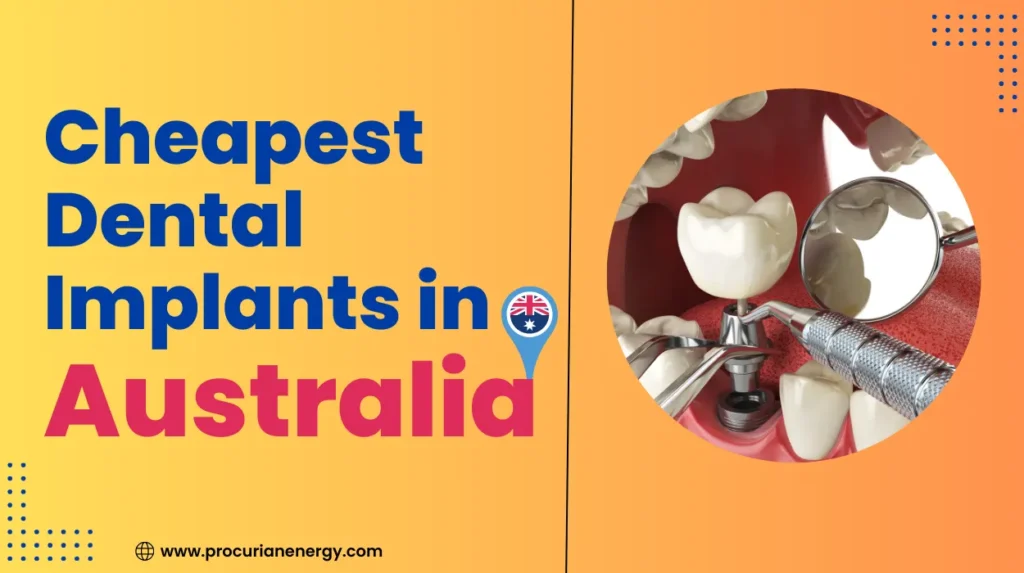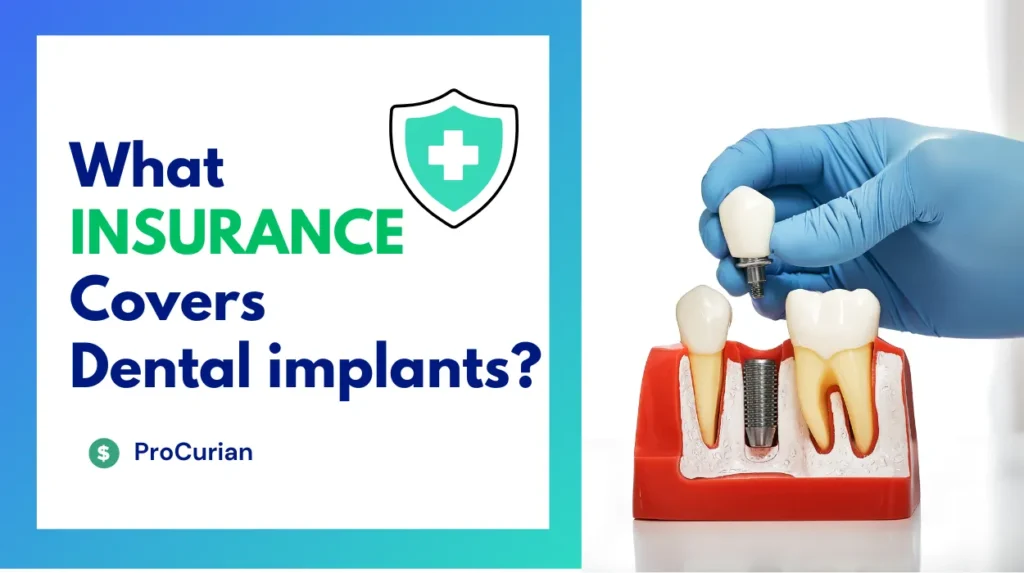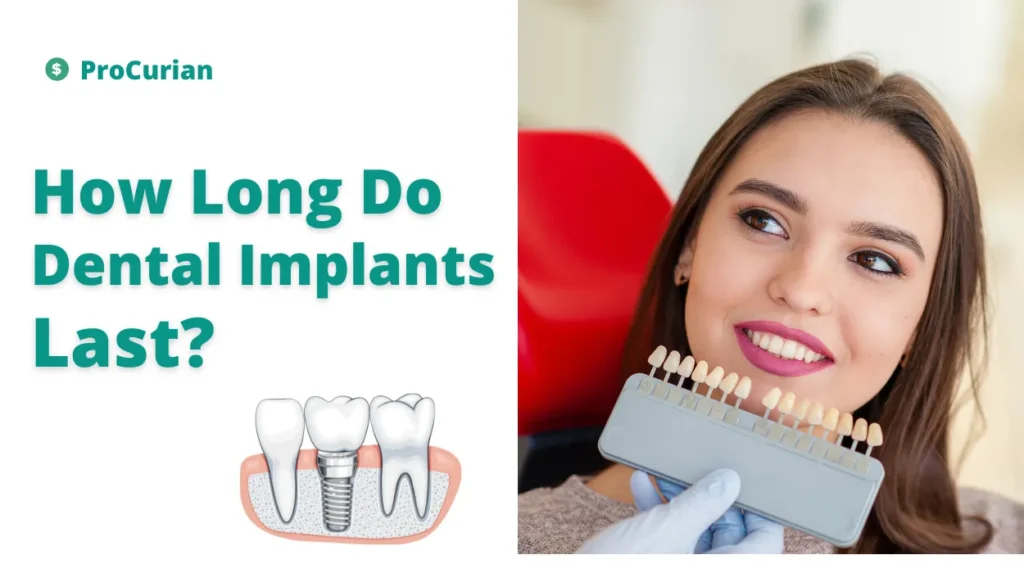
Dental implant surgery is a big deal – it’s a step towards having a healthy and beautiful smile. But after the procedure, you might wonder what you can eat without causing any trouble for your new dental implants.
Don’t worry! we’re here to help you with some easy-peasy advice on what can you eat after dental implant surgery.
Why Your Diet Matters After Dental Implant Surgery?
Your recovery from dental implant surgery is greatly influenced by your diet. The right foods can lessen discomfort, lower the risk of complications, and speed up the healing process.
Eating the wrong things can hinder the healing process of your mouth and even cause infections. Your mouth will be healing, and it’s crucial to give it the best chance to recover properly.
Here’s why your diet is important:
Promotes Healing – The right foods can speed up the healing process, reducing the risk of complications.
Minimizes Discomfort – Soft and easy-to-chew foods can help minimize discomfort and prevent damage to your implants.
Reduces Infection Risk – Proper nutrition can boost your immune system, reducing the risk of infections.
Protects Your Investment – Dental implants are an investment in your oral health. A proper diet protects that investment.
Immediate Post-Surgery Diet
Right after your dental implant surgery, your mouth will be sensitive, and you’ll need to be extra cautious about what you eat.
For the first few days, you’ll want to stick to a liquid or soft food diet to avoid any complications.
Liquid Diet Options:
- Water – Staying hydrated is essential for healing.
- Broth – Warm and soothing, it provides nourishment without chewing.
- Milkshakes – Blend milk with fruits for a tasty, nutrient-rich option.
- Smoothies – Combine yogurt or milk with soft fruits like banana and berries.
- Vegetable Juice – Packed with vitamins, it’s a healthy choice.
- Protein Shakes – Provides essential nutrients for healing.
Soft Foods:
- Mashed Potatoes – Creamy and easy to swallow.
- Applesauce – A great source of vitamins.
- Yogurt – Soft and packed with probiotics.
- Pudding – A sweet treat that goes down smoothly.
- Oatmeal – Easy to prepare and comforting.
- Cottage Cheese – Soft and protein-rich.
- Scrambled Eggs – Soft and packed with protein.
- Jell-O – A fun way to satisfy your sweet tooth.
Soft and Easy-to-Chew Foods
After the initial days, you can gradually introduce soft and easy-to-chew foods into your diet. These foods won’t put too much strain on your dental implants and will help you transition back to regular eating.
Soft Proteins:
- Fish – Baked or poached, it’s gentle on your mouth.
- Tofu – A vegetarian option packed with protein.
- Chicken – Cooked until tender and easy to chew.
- Ground Beef – In soups or casseroles, it’s soft and flavorful.
Cooked Vegetables:
- Steamed Carrots – Soft and nutritious.
- Mashed Sweet Potatoes – A tasty source of vitamins.
- Spinach – Cooked until tender.
- Cauliflower Mash – A low-carb alternative to mashed potatoes.
Soft Grains:
- Rice – Well-cooked and easy to chew.
- Quinoa – A protein-packed grain.
- Couscous – Tiny and easy to eat.
- Pasta – Choose soft pasta varieties like penne or macaroni.
Post-Meal Plan After Dental Implants
To make things easier for you, here’s a simple meal plan for the first week after your dental implant surgery:

Day 1-2: Liquid Diet
- Breakfast – Protein shake or smoothie.
- Lunch – Vegetable or chicken broth.
- Snack – Applesauce or yogurt.
- Dinner – Mashed potatoes or pudding.
Day 3-5: Soft Foods
- Breakfast – Scrambled eggs.
- Lunch – Steamed carrots and fish.
- Snack – Cottage cheese or Jell-O.
- Dinner – Rice with cooked spinach.
Day 6-7: Gradual Transition
- Breakfast – Oatmeal with mashed banana.
- Lunch – Tofu stir-fry with soft vegetables.
- Snack – Mashed sweet potatoes.
- Dinner – Quinoa salad with cooked chicken.
What foods to avoid after dental implant surgery?
While you’re recovering from dental implant surgery, there are certain foods you should steer clear of to prevent any complications or damage to your implants.
Hard and Crunchy Foods:
- Nuts – They can be tough to chew and may damage your implants.
- Hard Candy – Can crack or dislodge your implants.
- Popcorn – The kernels can get stuck in your healing gums.
- Chips – Crunchy and sharp edges can harm your mouth.
Sticky and Chewy Foods:
- Chewing Gum – Can stick to your implants and stitches.
- Caramels – Chewy and can be tough on your dental work.
- Toffee – Sticky and hard to chew.
- Taffy – Similar to toffee, it’s best avoided.
Spicy and Acidic Foods:
- Hot Peppers – Can irritate your healing gums.
- Citrus Fruits –The acidity may cause discomfort.
- Tomatoes – Also acidic, so use them sparingly.
Many people often ask “Why NO Dairy after Dental implant?“. Avoiding dairy after dental implant surgery is recommended due to its potential to create a breeding ground for harmful bacteria.
Dairy products can be sticky and difficult to clean from around the surgical site, increasing the risk of infection and complications during the crucial healing period.
Note: If you’re not able to afford dental implant surgery, consider exploring options like dental implant grants. These programs may provide financial assistance or discounts to help cover the cost of the procedure. Even if you didn’t get approved for the grants, here are some insurance that covers Dental implants.
Hydration is Key
Remember how important it is to get plenty of water while you are healing. Water is your best friend. It not only encourages healing but also maintains oral health and prevents dryness.
Avoid drinks that are too hot or too cold, as extreme temperatures can cause discomfort. Stick to room-temperature beverages, and if you’re craving some flavor, try herbal teas or water with a twist of lemon for a mild taste.
Supplements for Healing
Sometimes, your dentist or surgeon may recommend supplements to aid in your recovery. Common supplements include:
- Vitamin C – Helps with tissue repair and immune support.
- Calcium – Important for bone health.
- Iron – Prevents anemia and aids in oxygen transport.
- Probiotics – Supports digestive health, especially if you’re taking antibiotics.
Tips for Comfortable Eating after Dental Implants
Here are some extra tips to make eating more comfortable during your recovery:
- Take your time when chewing, especially when you’re reintroducing solid foods. This will prevent any unnecessary strain on your implants.
- Opt for a soft-bristle toothbrush and a non-alcoholic mouthwash for gentle oral care.
- After every meal, rinse your mouth gently with warm saltwater to keep it clean and promote healing.
- Straws can create suction, which might not be suitable for your healing implants. Sip beverages from a cup instead.
How long after dental implants can I eat normally?
After getting dental implants, you’ll need to be patient with your eating habits. It usually takes around 2 to 6 months to eat normally again.
What can you not do after dental implants?
After getting dental implants, there are some things you shouldn’t do to make sure they heal properly and last a long time. Here’s a simple list:
- Don’t Smoke – Smoking can slow down healing and increase the risk of problems.
- No Super Hot or Cold Stuff – Extremely hot or cold foods and drinks can be uncomfortable, so it’s best to avoid them.
- Skip the Straws – Using straws can put pressure on your implants, so it’s better to drink without them.
- Don’t Drink Alcohol Excessively – Too much alcohol can slow down healing, so keep it in moderation.
- Be Careful with Dental Hygiene – Don’t brush too hard around your implants, but make sure to keep them clean.
- Follow Your Dentist’s Advice – Listen to what your dentist tells you to do for the best results.
FAQs
Can I eat normally right after dental implant surgery?
No, right after surgery, it’s best to stick to soft and gentle foods like pudding, yogurt, and soup. Your mouth needs time to heal.
How long should I follow a special diet after getting dental implants?
You may need to follow a softer diet for 1 week.
Are there foods I should definitely avoid during recovery?
es, avoid hard, spicy, and acidic foods, as well as things like nuts and popcorn that can be tough on your implants.
How can I keep my dental implants clean?
Gently brush and floss around your implants, but be careful not to brush too hard to avoid irritation.
Is it okay to take pain medications if I’m uncomfortable after surgery?
Yes, if your dentist prescribed them, it’s okay to take pain medications as directed to help with any discomfort.
Can I use mouthwash after dental implant surgery?
You can use a mild, alcohol-free mouthwash with your dentist’s approval, but be gentle to avoid disturbing the healing process.
Can you eat mac and cheese after dental implant surgery?
Yes, you can eat mac and cheese after dental implant surgery. It’s soft and easy to chew, which is good for your healing mouth.
Can I eat scrambled eggs after dental implant surgery?
Yes, you can eat scrambled eggs after dental implant surgery. They’re soft and easy on your healing mouth, making them a good choice for a gentle meal.
Can I eat a sandwich after dental implants?
Yes, you can eat a sandwich after dental implants, but it’s better to wait until your mouth heals a bit and choose soft fillings to avoid discomfort.
Can I drink coffee after tooth implant?
Yes, you can usually have coffee after a tooth implant, but it’s best to wait a few days and drink it lukewarm to avoid any discomfort.
Can I eat pancakes after dental implant surgery?
Yes, you can eat pancakes after dental implant surgery, but make sure they’re soft and not too hot. Cut them into small bites for easier chewing.
Can I eat noodles after implant surgery?
Yes, you can eat noodles after implant surgery, but make sure they are soft and not too hot to avoid any discomfort.
Final Words
What you eat after dental implant surgery can significantly impact your recovery. During the immediate post-op period, focus on soft and easily digestible foods to ensure a smooth healing process.
Avoid hard, spicy, and acidic foods, and stay hydrated. If recommended, consider taking supplements to support your recovery.
Keep in mind that everyone’s healing process is different. In order to ensure a successful and comfortable recovery process, it is essential to follow to the directions and suggestions given by your dental professional.
Consult with your dentist or oral surgeon to customize your diet to meet your unique needs before making any significant dietary changes. You can quickly resume enjoying your favorite foods with the right diet and care.
